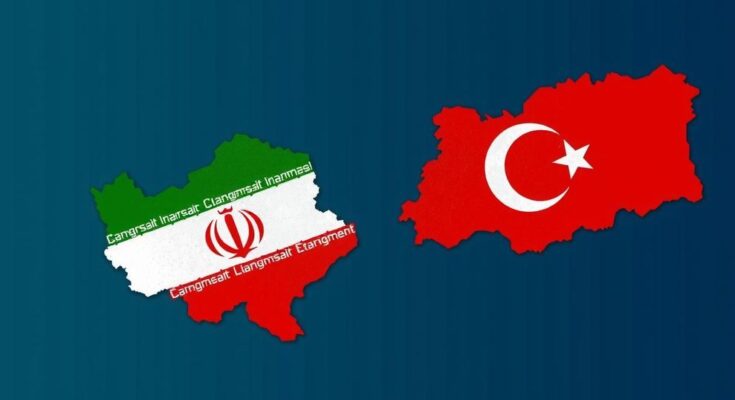The death of Hamas leader Yahya Sinwar has led to increased diplomatic efforts between Iran and Turkey, with Iranian Foreign Minister Abbas Araghchi visiting Turkey to discuss mutual support for Hamas and Hezbollah. Both nations view Israeli actions as a regional threat and are collaborating to address the challenges posed by conflicts in Gaza and Lebanon. Additionally, they are exploring developments in the South Caucasus involving Azerbaijan and Armenia, showcasing their intricate geopolitical ties.
Following the demise of Hamas leader Yahya Sinwar, Iranian Foreign Minister Abbas Araghchi embarked on a diplomatic mission to Turkey. This visit was part of a broader regional tour that included stops in Lebanon, Syria, Saudi Arabia, Qatar, Iraq, Oman, Jordan, and Egypt, aimed at enhancing Iran’s regional influence while simultaneously seeking to isolate Israel. In light of Sinwar’s death, it appears that both Iran and Turkey are poised to intensify their support for Hamas and Hezbollah. Both nations have historically maintained a mutual stance in favor of Hamas, with Iran additionally supporting Hezbollah in Lebanon. During his visit to Istanbul, Araghchi expressed concerns regarding the escalation of conflicts in the region. He remarked, “Iranian Foreign Minister Abbas Araghchi has warned against the expansion of war in the region, saying there is a common understanding about the threat of conflicts in Gaza and Lebanon and the critical situation of the displaced.” Araghchi participated in a regional conference concerning the South Caucasus. However, he strategically utilized this opportunity to critique Israeli policies and collaborate with Turkey to forge a unified response to perceived threats posed by Israel. Reports indicate that he characterized his discussions in Turkey as timely in light of ongoing Israeli aggressions that have led to instability in the region.
The recent interactions between Iran and Turkey are underscored by a shared agenda focusing on strategic collaboration against Israel and support for militant groups like Hamas and Hezbollah. Iran has fostered closer ties with Turkey over the past decade, despite differing views on various issues. Their collective opposition to Israel’s policies has reinforced their diplomatic and military partnership, particularly in the context of crises in Palestine and Lebanon. Furthermore, both nations maintain amicable relations with Qatar, which serves as a host for Hamas. In addition to their cooperation regarding Hamas, Iran and Turkey are also deliberating on geopolitical developments in the South Caucasus involving Azerbaijan and Armenia. Historically, Turkey has aligned itself with Azerbaijan, whereas Iran has supported Armenia, illustrating the complex web of alliances and tensions in the region. Russia plays a key role in this dynamic, maintaining relations with most parties involved and facilitating dialogue.
In conclusion, the recent death of Yahya Sinwar has prompted intensified collaboration between Iran and Turkey in their mutual support for Hamas and Hezbollah. The Iranian Foreign Minister’s recent visit to Turkey signifies an important step in consolidating a united front against Israeli actions in the region. As both nations navigate their relationships with neighboring states, including Azerbaijan and Armenia, it becomes increasingly clear that their objectives align in response to regional conflicts and challenges. The evolving dynamics reflect not only their shared interests but also their strategic positioning amid a complex geopolitical landscape.
Original Source: www.jpost.com




